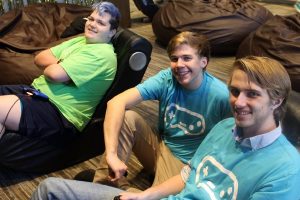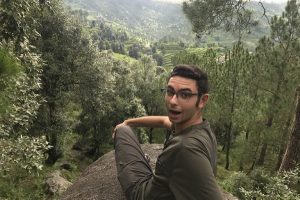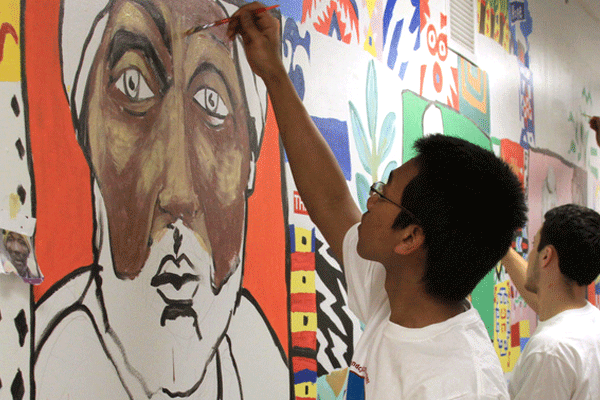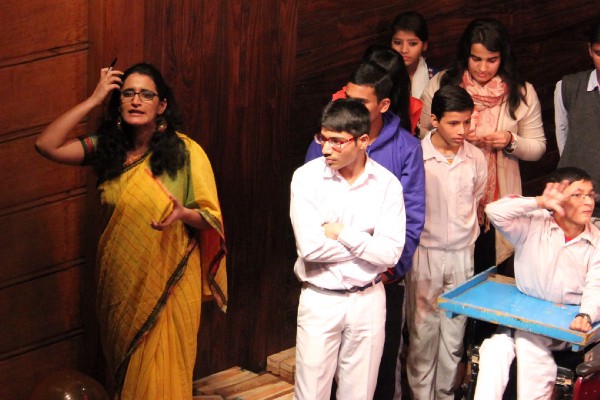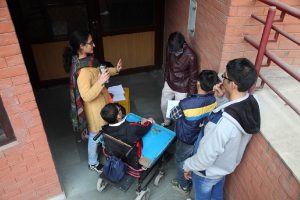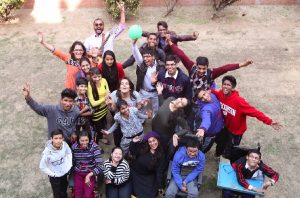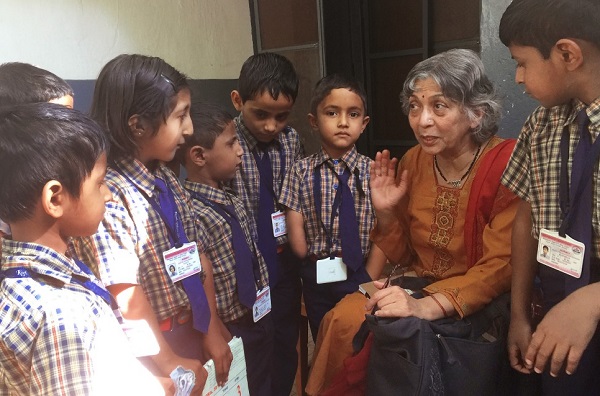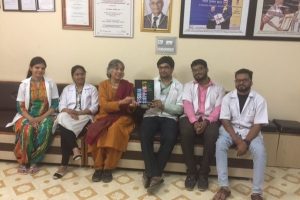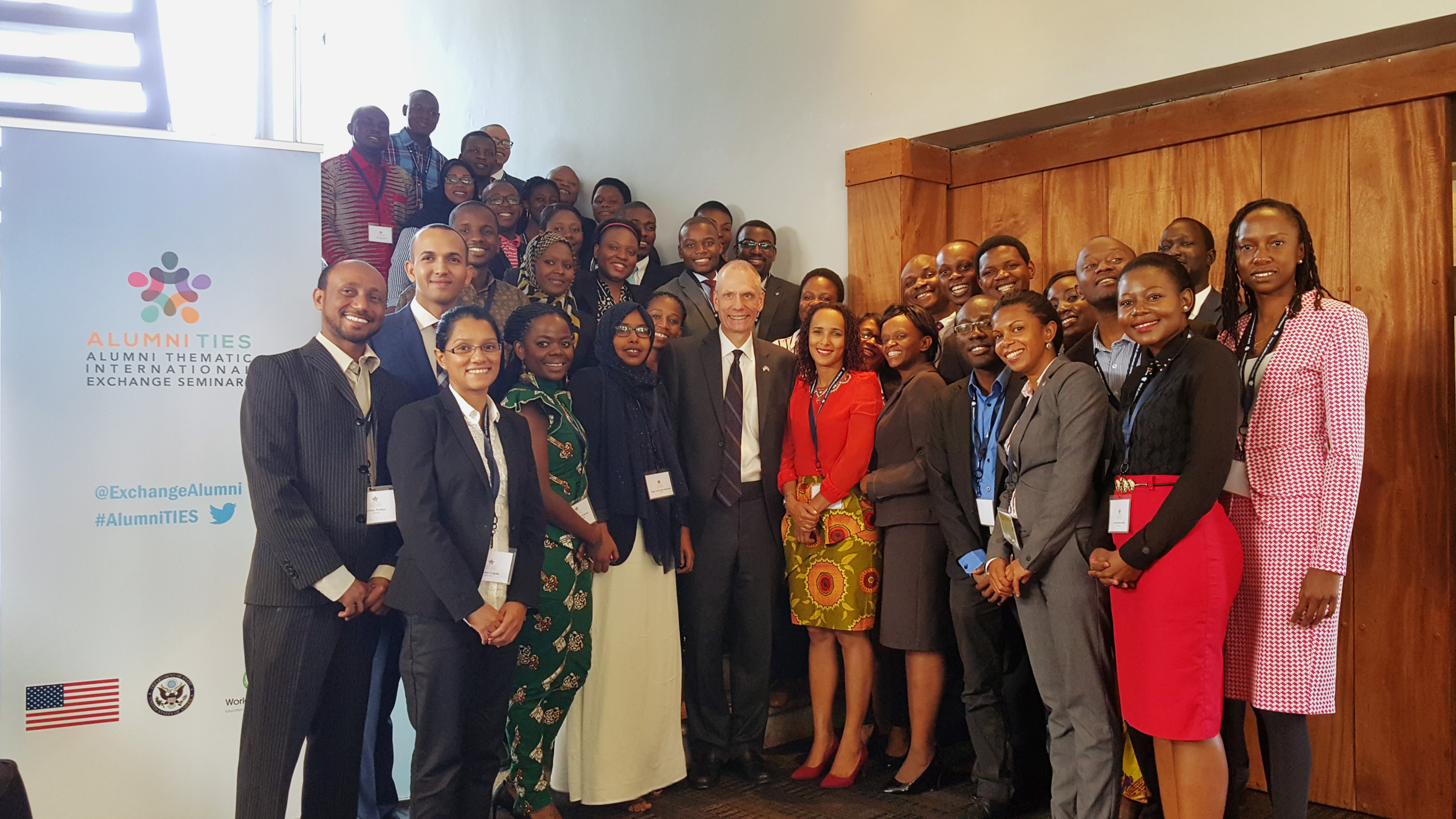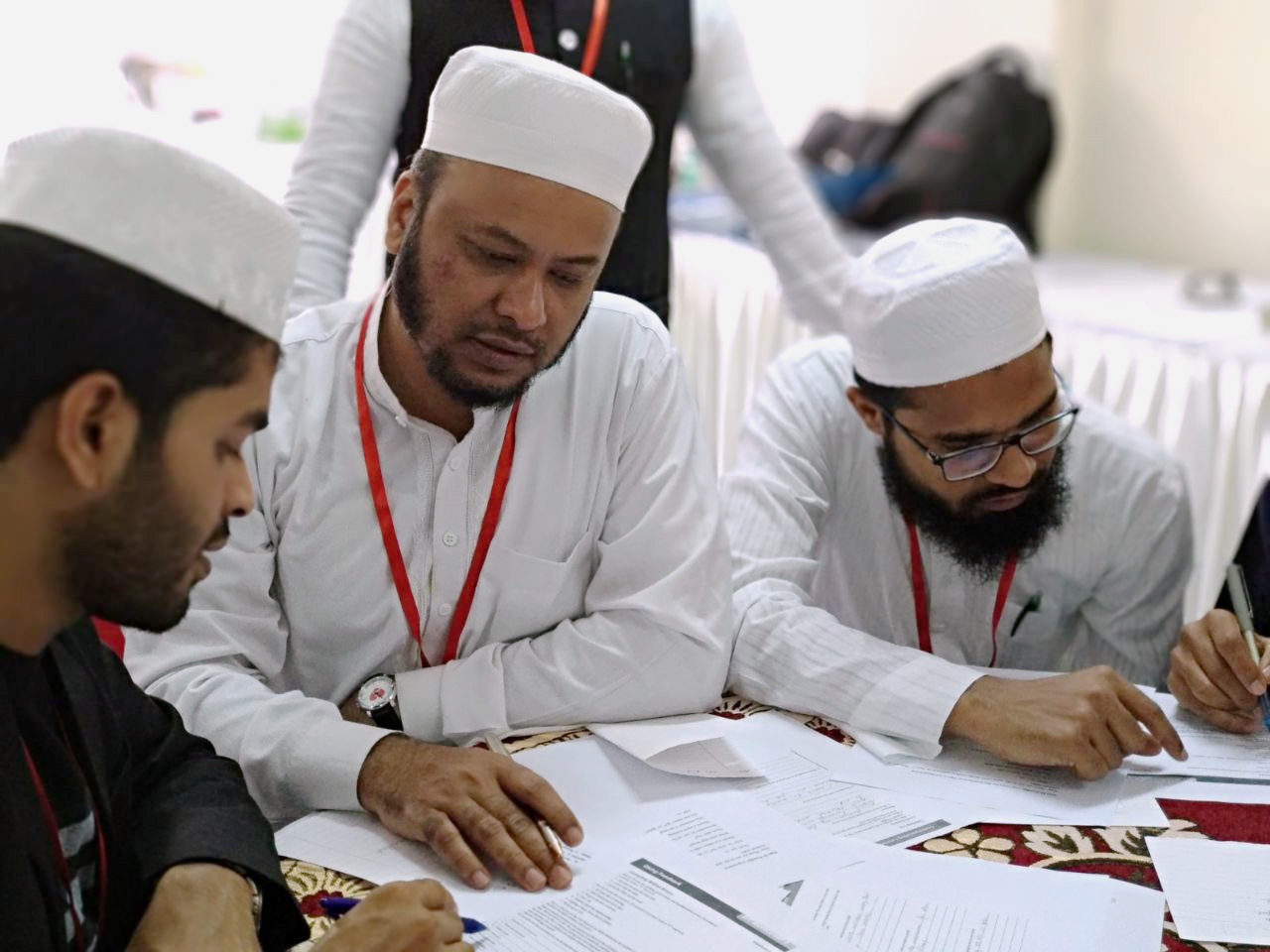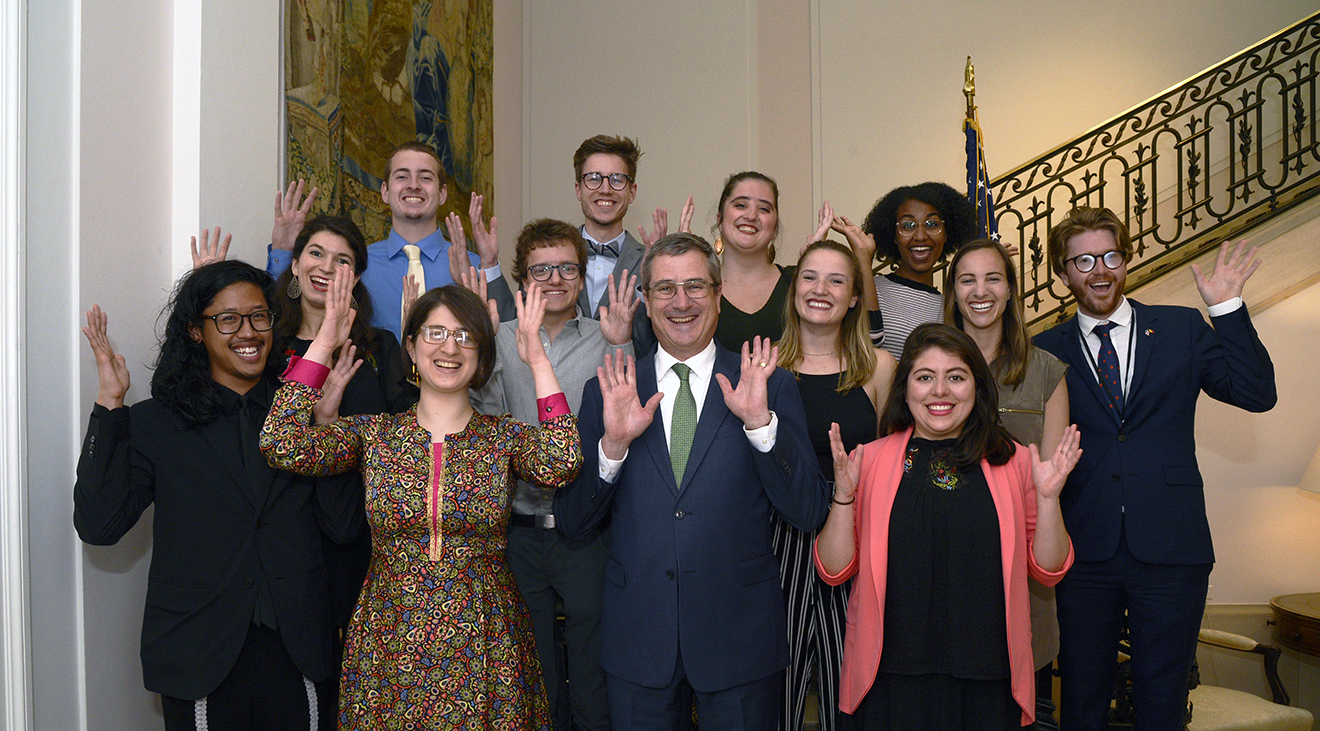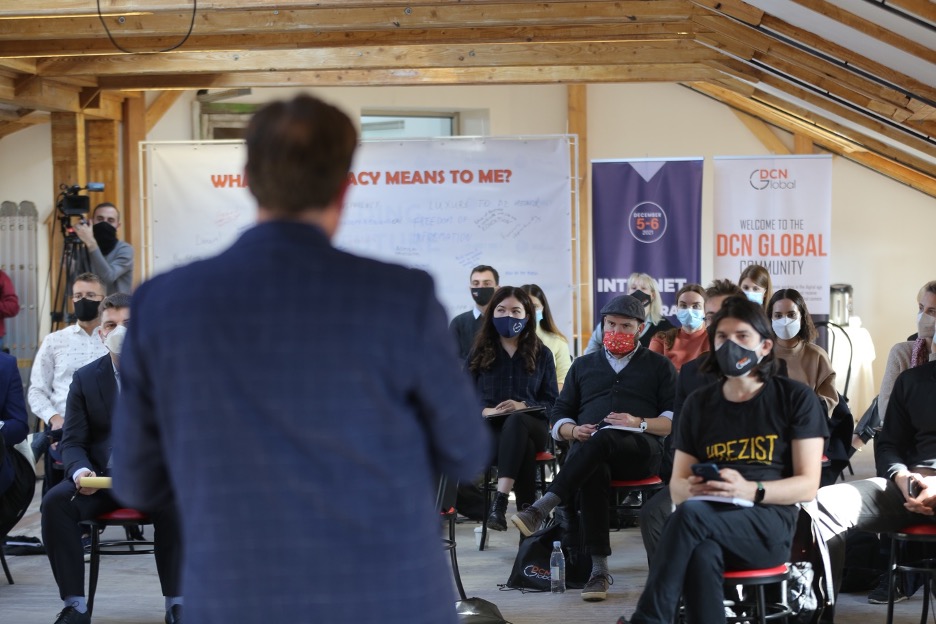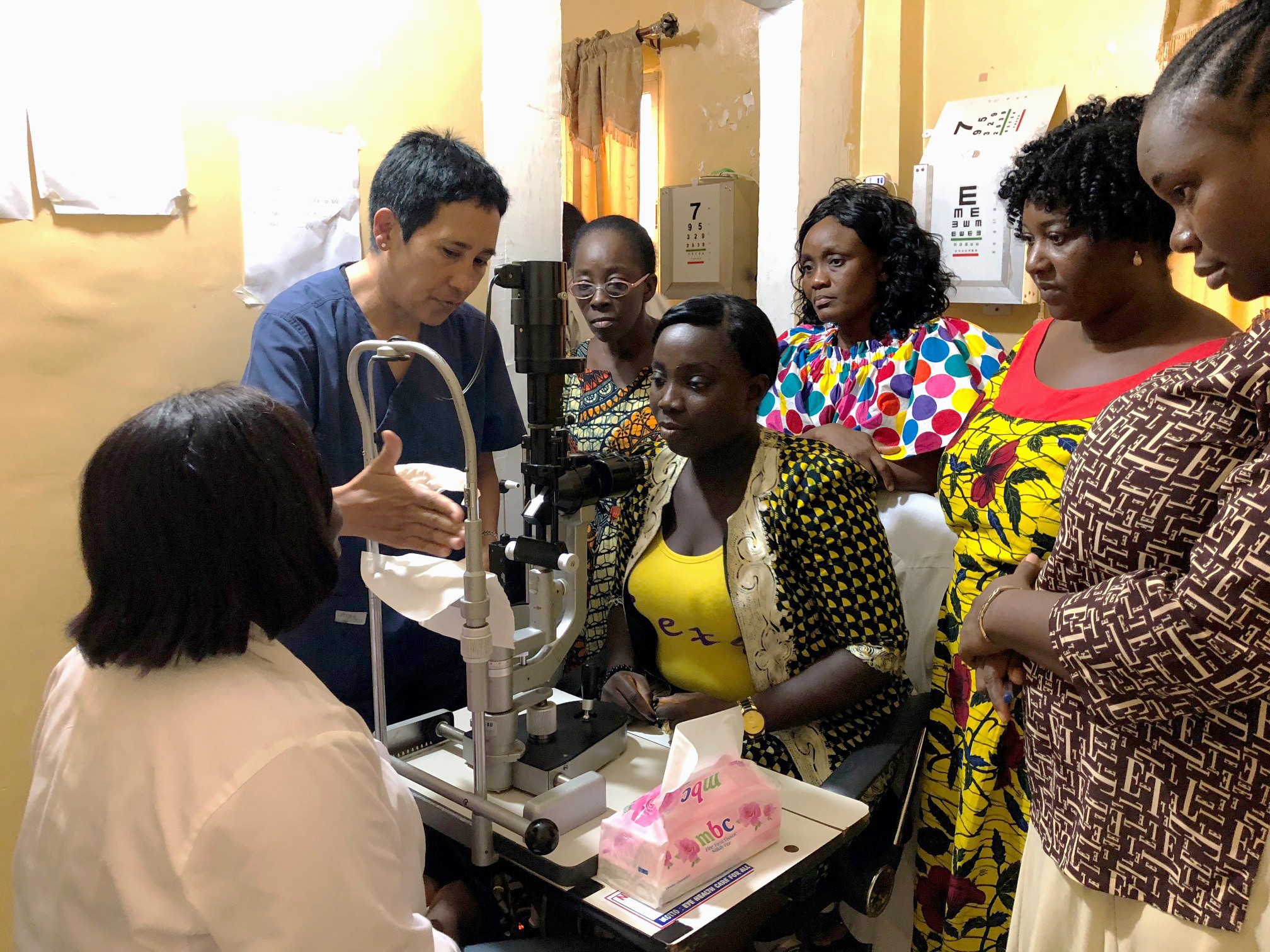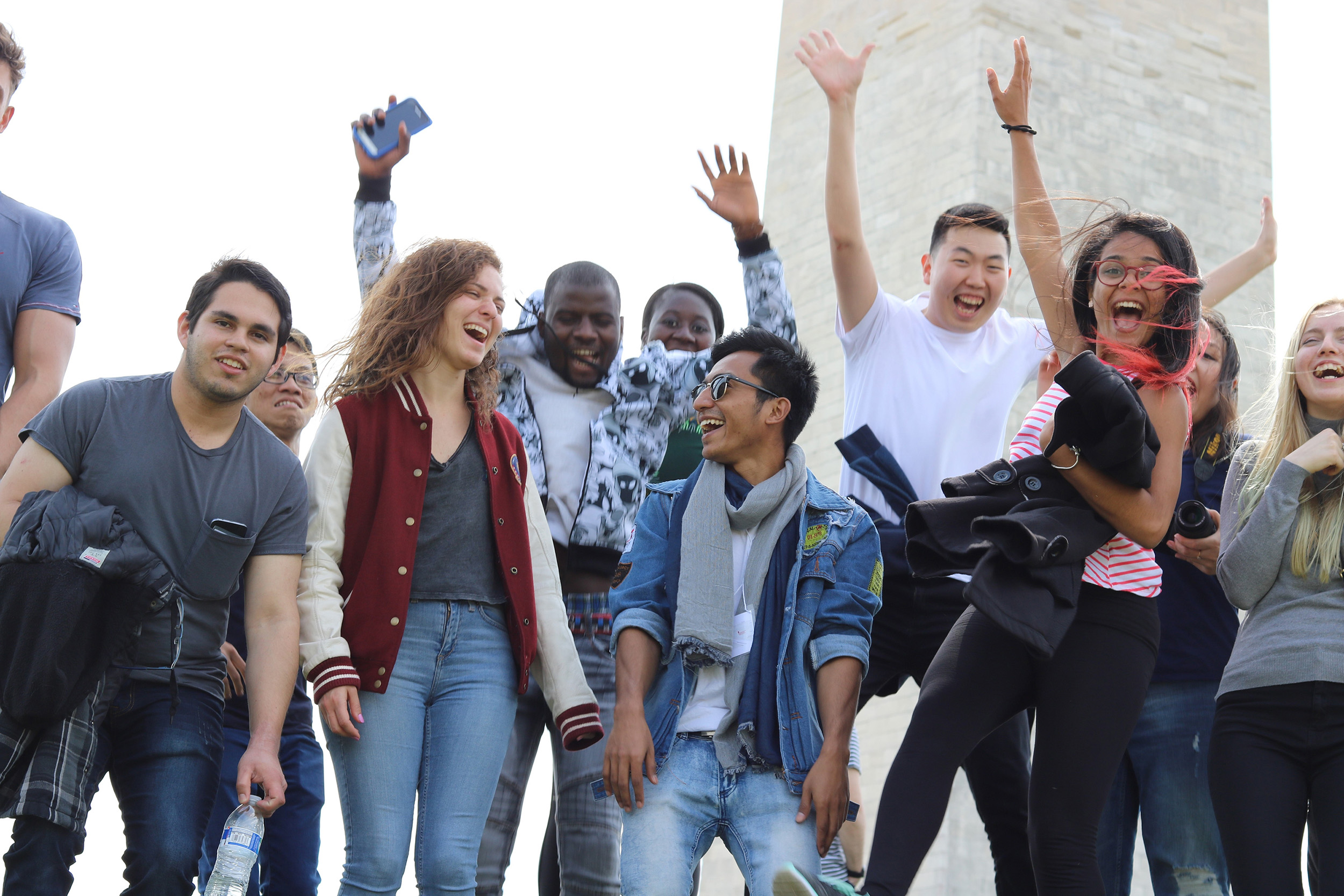By Eric House
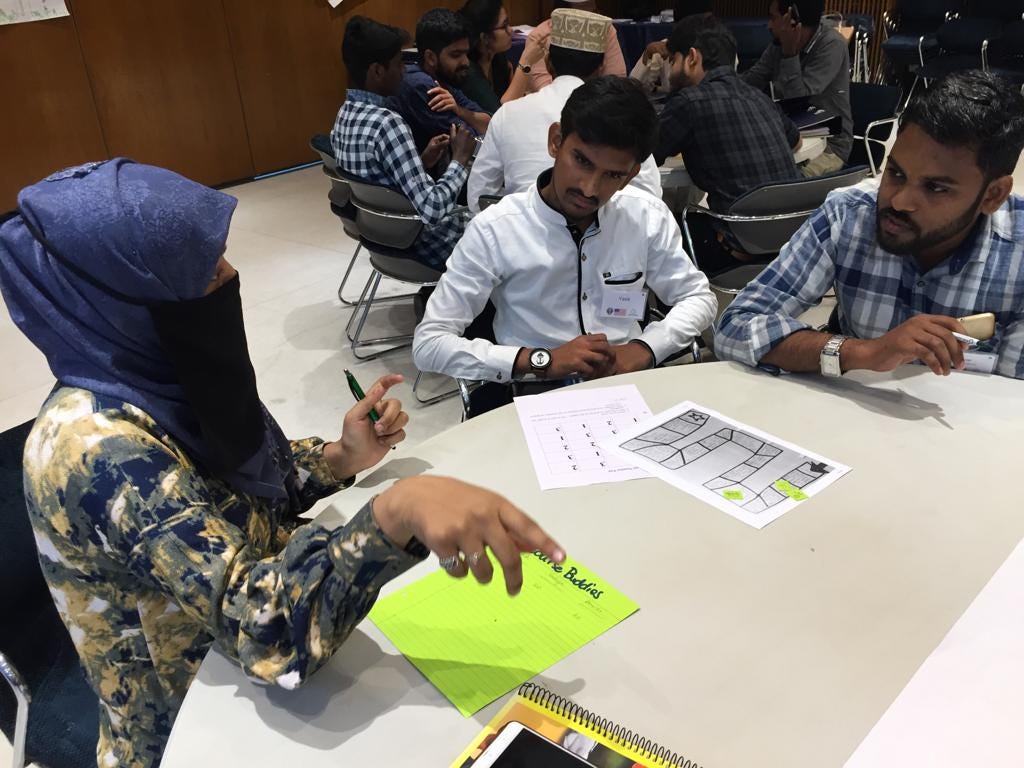
Since its inception in 2016, the Madrassa English Language Teacher Training (MELTT) program has equipped English language teachers across India with invaluable skills. Funded by the U.S. Department of State and delivered by World Learning, MELTT (and its virtual iteration V-MELTT) aims to train English language instructors to teach at madrassas, the Arabic word for educational institutions.
A small cohort of teachers take an initial training-of-trainers course from World Learning, and then coach a group of teachers who take two online self-study courses, English for Teaching and Professional Knowledge, products of National Geographic Learning. The trainers also conduct monthly face-to-face workshops and provide online group support to help teachers get the most out of the online courses, all to increase the capacity of trainers and form a scalable teacher training model.
Over 700 teachers have completed the program, 160 have become teacher trainers, and 11 have been selected to become coaches, the most senior instructor level in the program. Rafia Ansari and Sadiya Anjum Pathan were introduced to the program by their school principal, Zaheeda Desai, one of the first trainers and coaches in the program. Ansari and Pathan became trainers for the in-person program in 2019, went on to be V-MELTT trainers in 2020, and most recently became V-MELTT coaches last year.
Before joining MELTT, Ansari concentrated her studies on religious subjects and the Urdu language. “I was always interested in studying and speaking English. Whenever I used to hear someone speaking fluent English, I always thought that someday I will also be one of them,” she says. “So, I kept reading and practicing.”
For Pathan, she was simultaneously focusing on her studies and working as a teacher in a madrassa English medium school, where English is the primary instruction language, but didn’t feel confident in using classroom language, and wasn’t aware of different teaching methodologies.
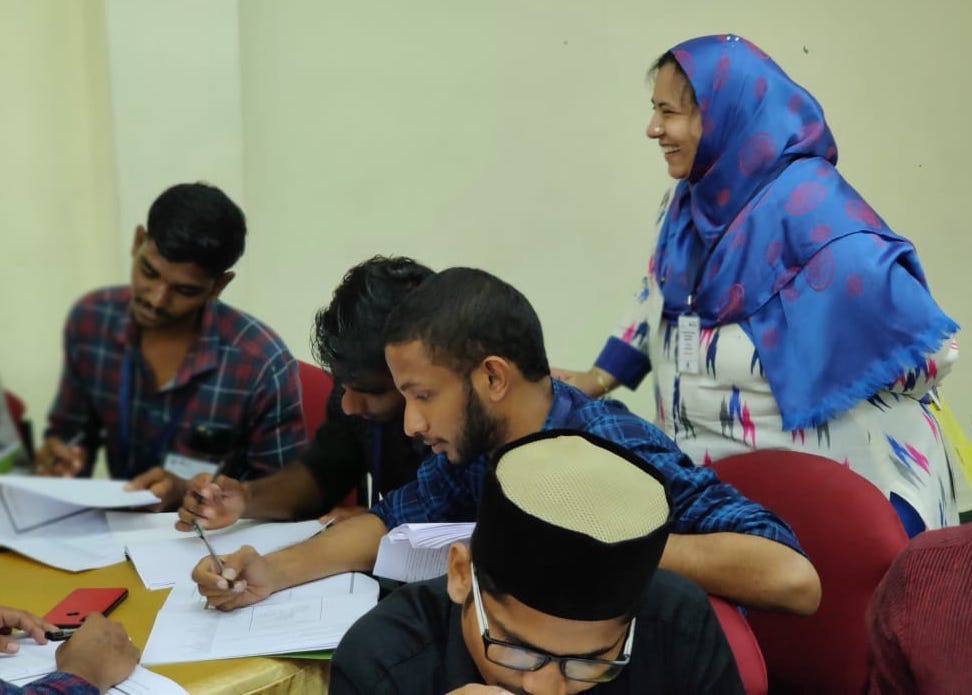
They were drawn to the MELTT program to enhance their own English fluency and grow their skills as English teachers. “My passion for learning, exploring, and growing brought me to the program. I was keenly interested in opportunities of learning new things to enhance my skills and to serve my community in a better way,” says Pathan.
In the program, Ansari and Pathan listened to audio content and practiced verbalizing the content themselves, strengthening their pronunciation and making them more confident. “When you are confident with the correct pronunciation of words, your confidence delivering a lecture becomes stronger, and the same energy flows to the students,” Ansari says.
Desai particularly loves the training workshop that occurs in the program’s first phase. “Each time I participated in it, I’ve gained immense knowledge and understanding of what exactly a successful training needs to have. These workshops are packed with skills, experiences, and expertise,” she says.
Pathan credits the program’s success to its accessibility and focus on time management for both teachers and students. In the Professional Knowledge course, different methodologies to meet the needs of diverse learners train teachers to be more inclusive. “It serves the purpose of capacity building of a teacher, no matter what their background is,” she says.
In addition to earning a trainer’s certificate, another significant benefit of the program is learning about their fellow teachers’ challenges and building the skills to effectively address them during their own training. Desai describes how, as a coach for a group of Afghan teachers and trainers, she was able to help build a roadmap with a struggling teacher and lead him to success.
Ansari, Pathan, and Desai each credit their World Learning trainers, Lois Scott-Conley, education advisor for global education at World Learning, and Ghazala Siddiqi, a World Learning consultant in India who has been with the program since its beginning. They set a positive and motivating example, helped solve problems, and stretched them to get the most out of the course.

“The biggest achievement for me is how this journey has taken me to a new height,” Pathan says. “Now I am working in one of the school branches where I was a teacher, but now as academic head and counselor.” She has also earned her master’s in counseling psychology, a post-graduate diploma in school leadership and management, and will be pursuing a Ph.D. in psychology.
“The fact is, this program is the foundation of my training career,” says Ansari. “Before this, I was only a teacher for four years.” Currently, she is a vice-principal at Shama Madrasa-School Shahpur, Ahmedabad, a role she has held for the past three years.
MELTT teaches us how to cater to all students at once and bring inclusive learning into the classroom where no child is left behind.
Desai sees her role as a school leader as an opportunity to conduct trainings and workshops at regular intervals for her teachers, as well as for teachers at other schools. “I anticipate and strive to give my best, and to develop and evolve as an impactful trainer for English language teachers from madrassa backgrounds,” she says.
When in the role of coach, Pathan instructs her trainees to work hard and “read, read, and reread until the language becomes part of you.” Ansari emphasizes teaching strong time management skills — and not being afraid to push out of one’s comfort zone.
“If we want to achieve more and move further, we have to be comfortable with being uncomfortable,” she says. “My favorite part of coaching is when I motivate my group to stretch toward the completion of a goal. The shine that I see in their eyes while achieving something really amazes me, and I start working harder for them.”
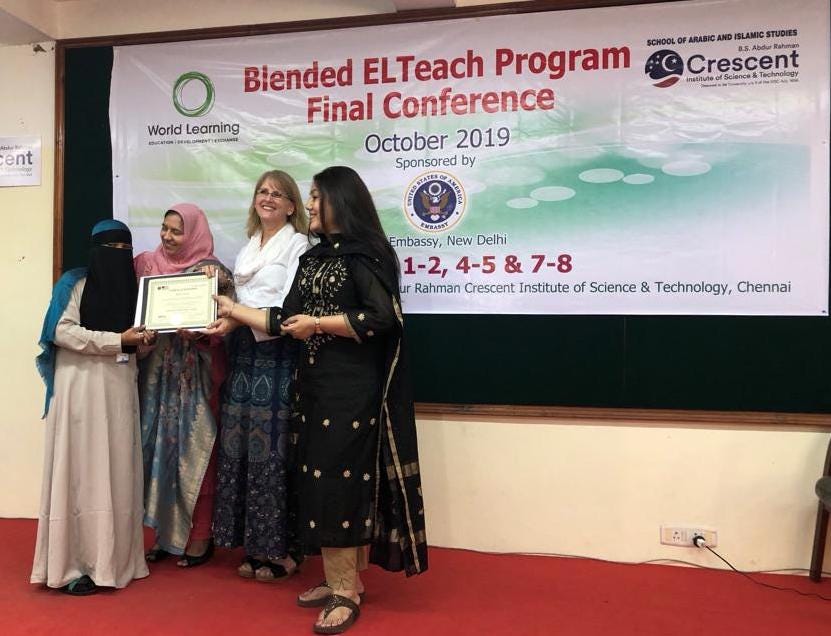
“MELTT/V-MELTT is a pool of opportunity for those who do it at full capacity,” says Desai. “It brings great learning experiences along with opportunities to grow into a brilliant trainer or an experienced coach.”
“MELTT teaches us how to cater to all students at once and bring inclusive learning into the classroom where no child is left behind,” says Pathan. “Everybody is taken care of.”





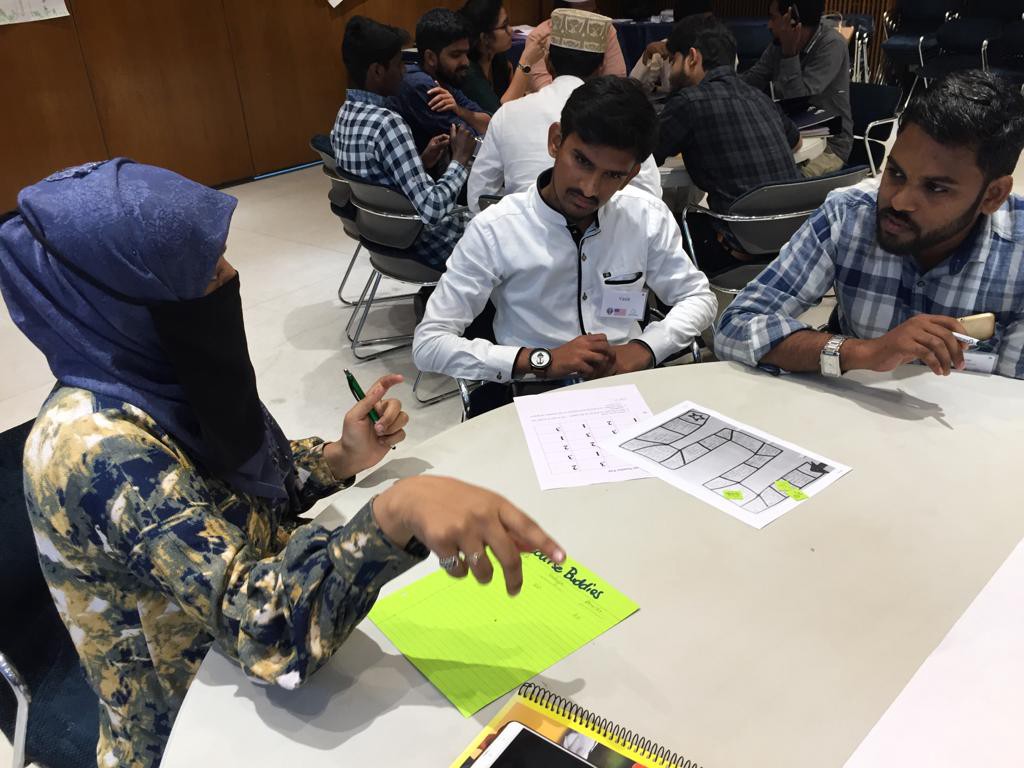
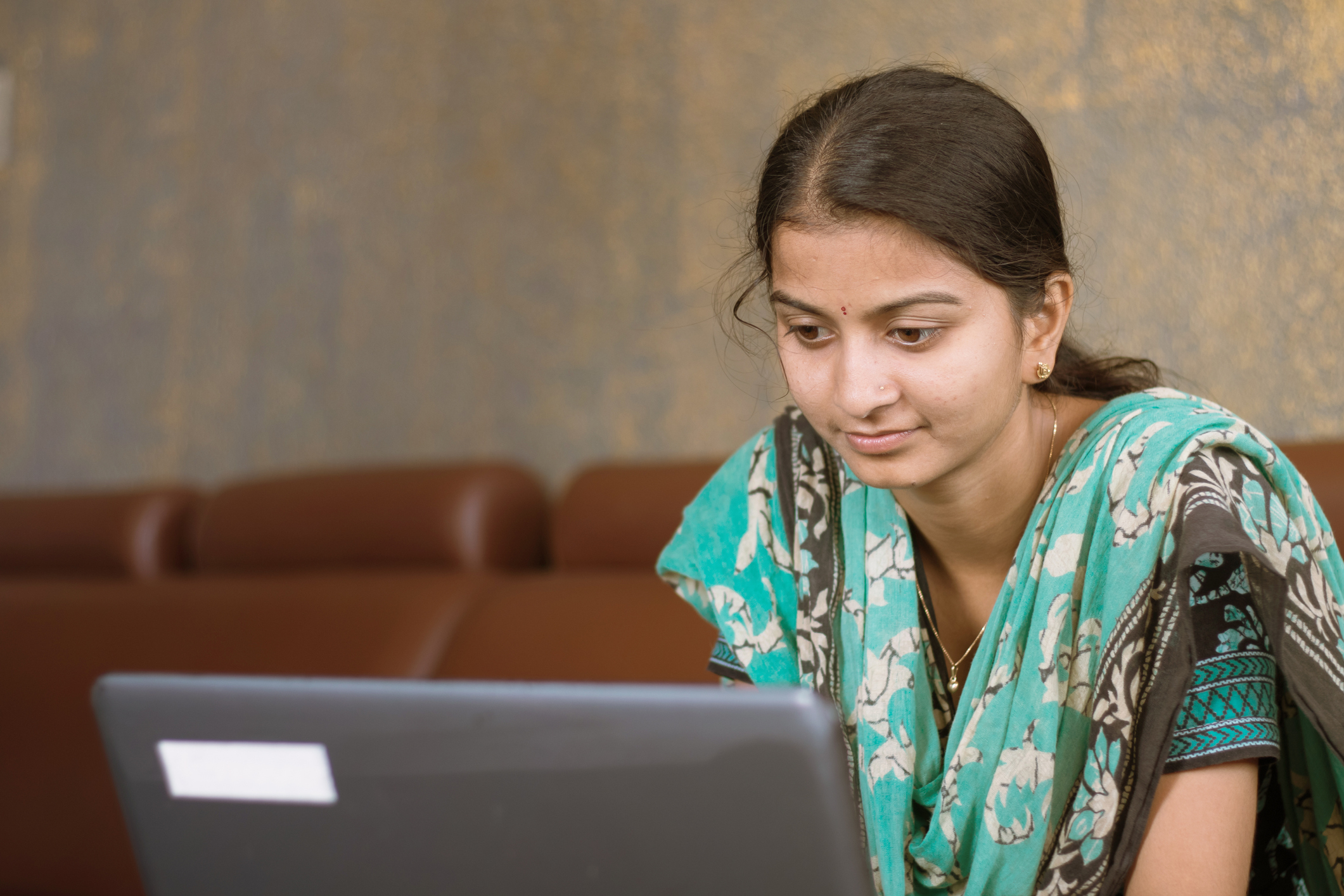
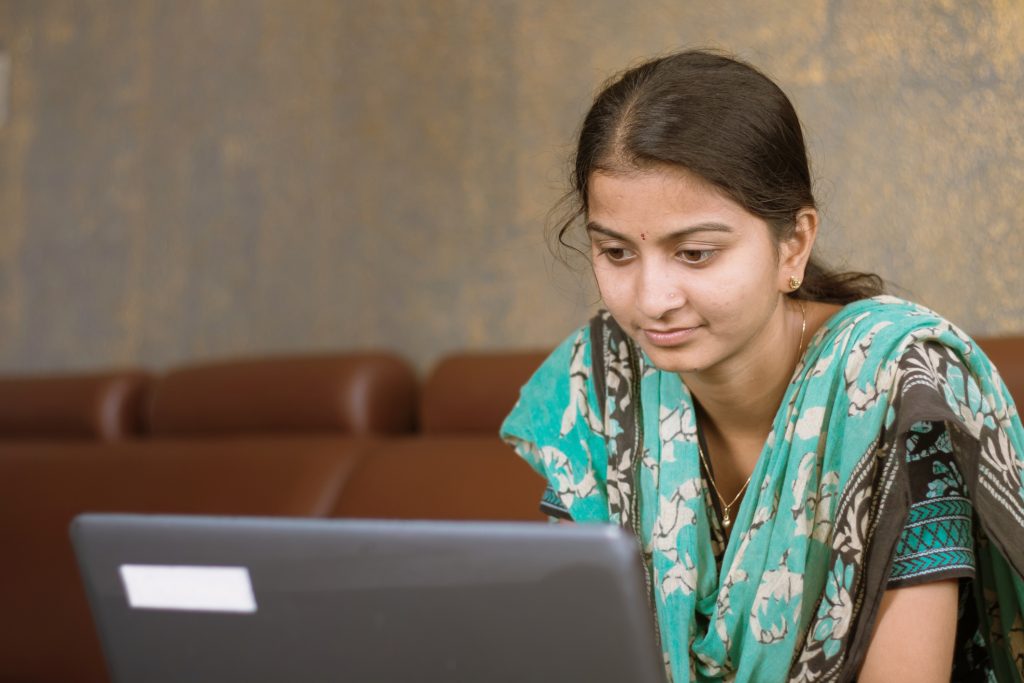
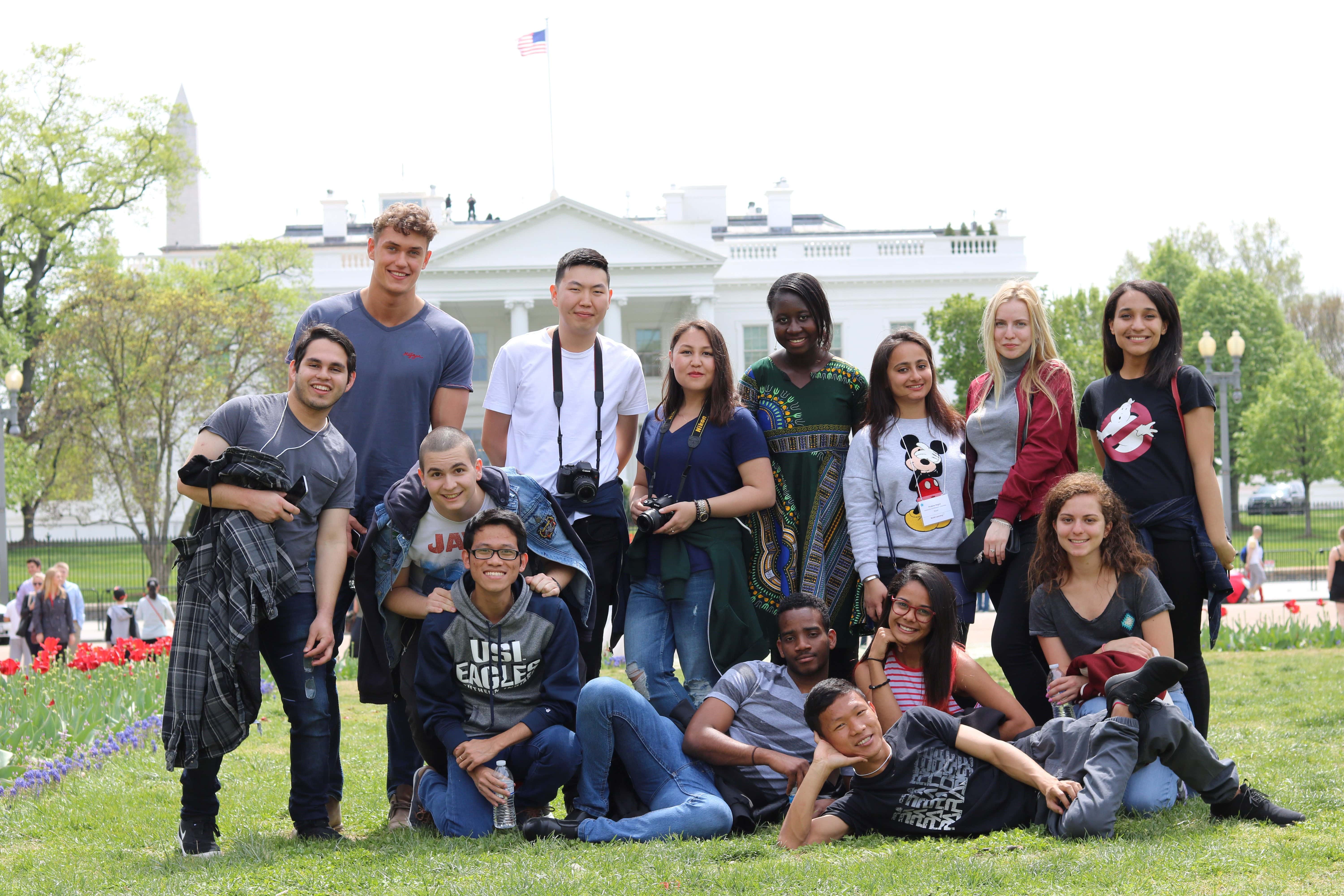
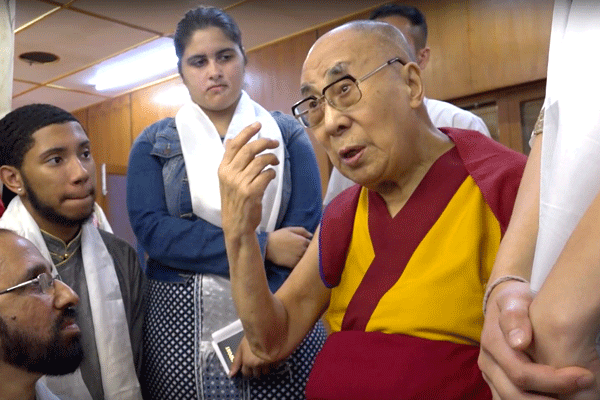
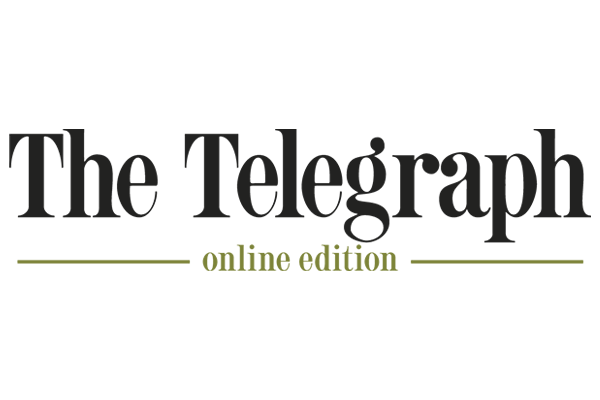
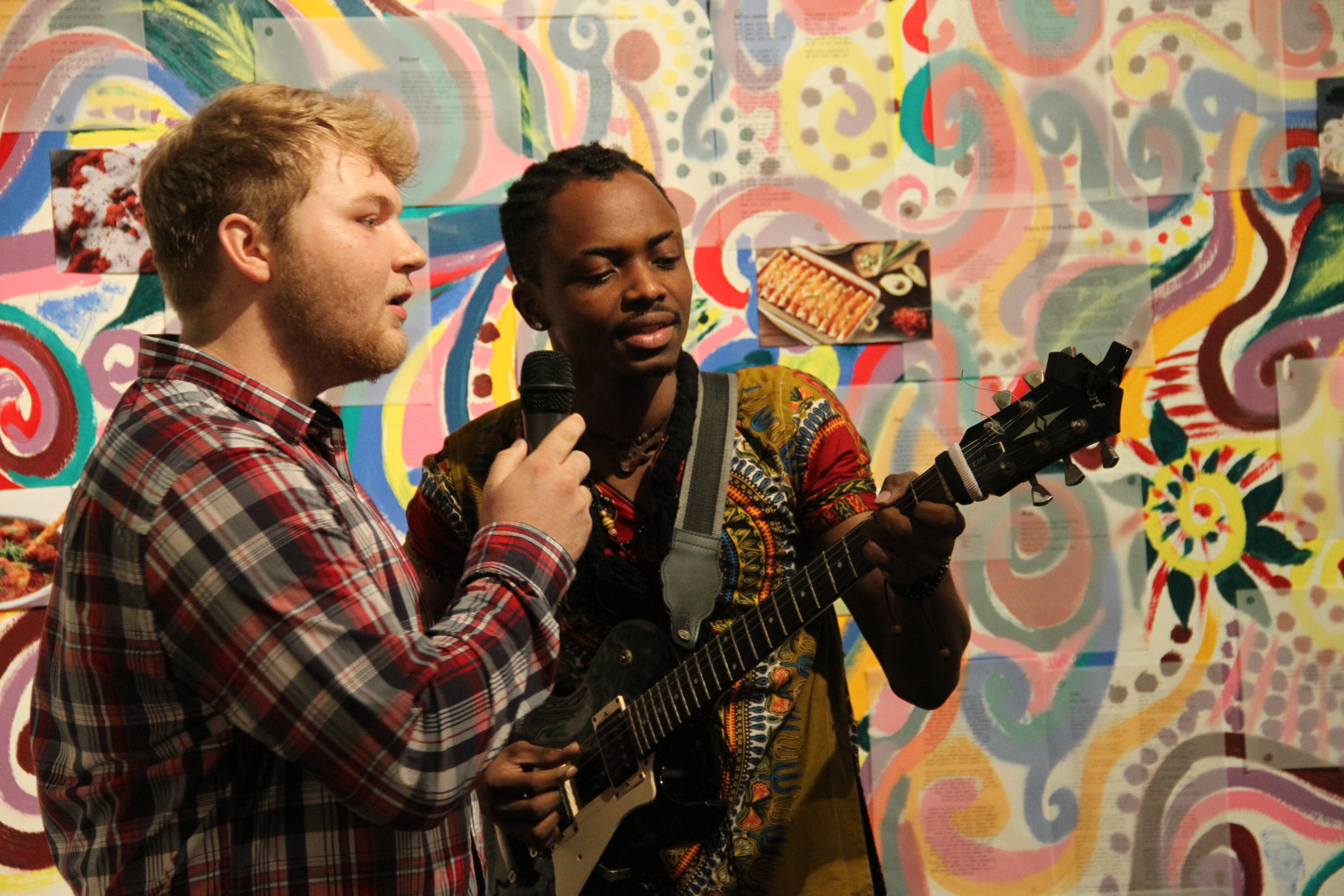
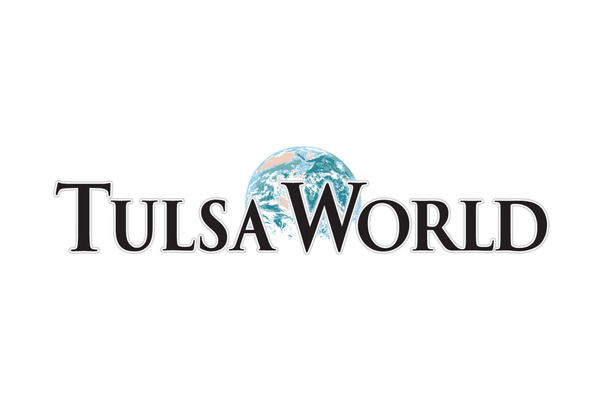
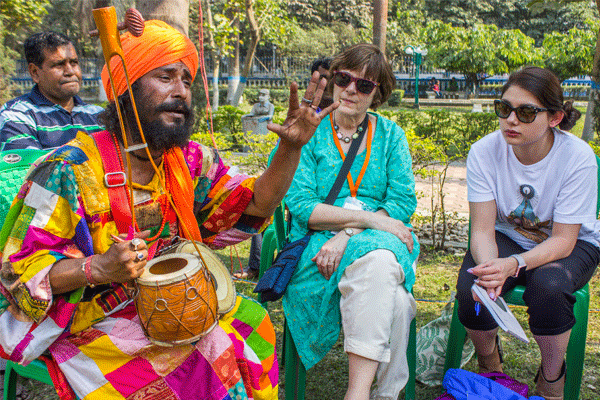
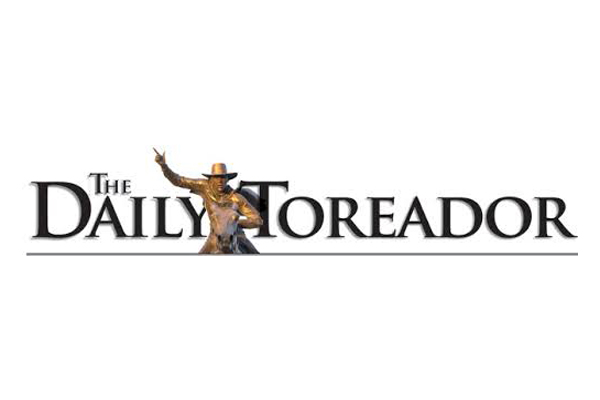
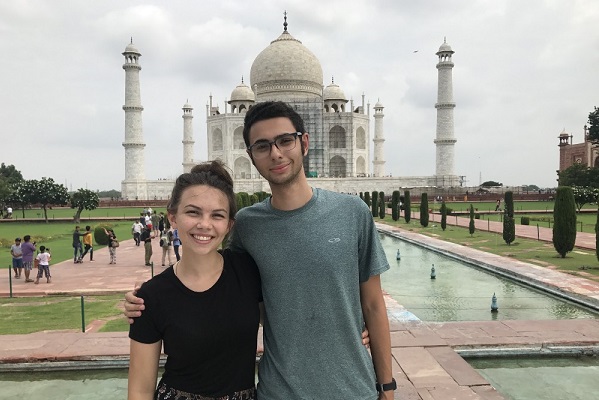
 Rubenstein was inspired to start Game Givers in 2015, when his grandmother Sandy Goldberg started treatment for ovarian cancer. She was troubled to see sick children spending the same long hours in the hospital. Rubenstein realized that — unlike his grandmother, who often brought along her neon green Gameboy — many of those kids didn’t have anything to distract them.
Rubenstein was inspired to start Game Givers in 2015, when his grandmother Sandy Goldberg started treatment for ovarian cancer. She was troubled to see sick children spending the same long hours in the hospital. Rubenstein realized that — unlike his grandmother, who often brought along her neon green Gameboy — many of those kids didn’t have anything to distract them.